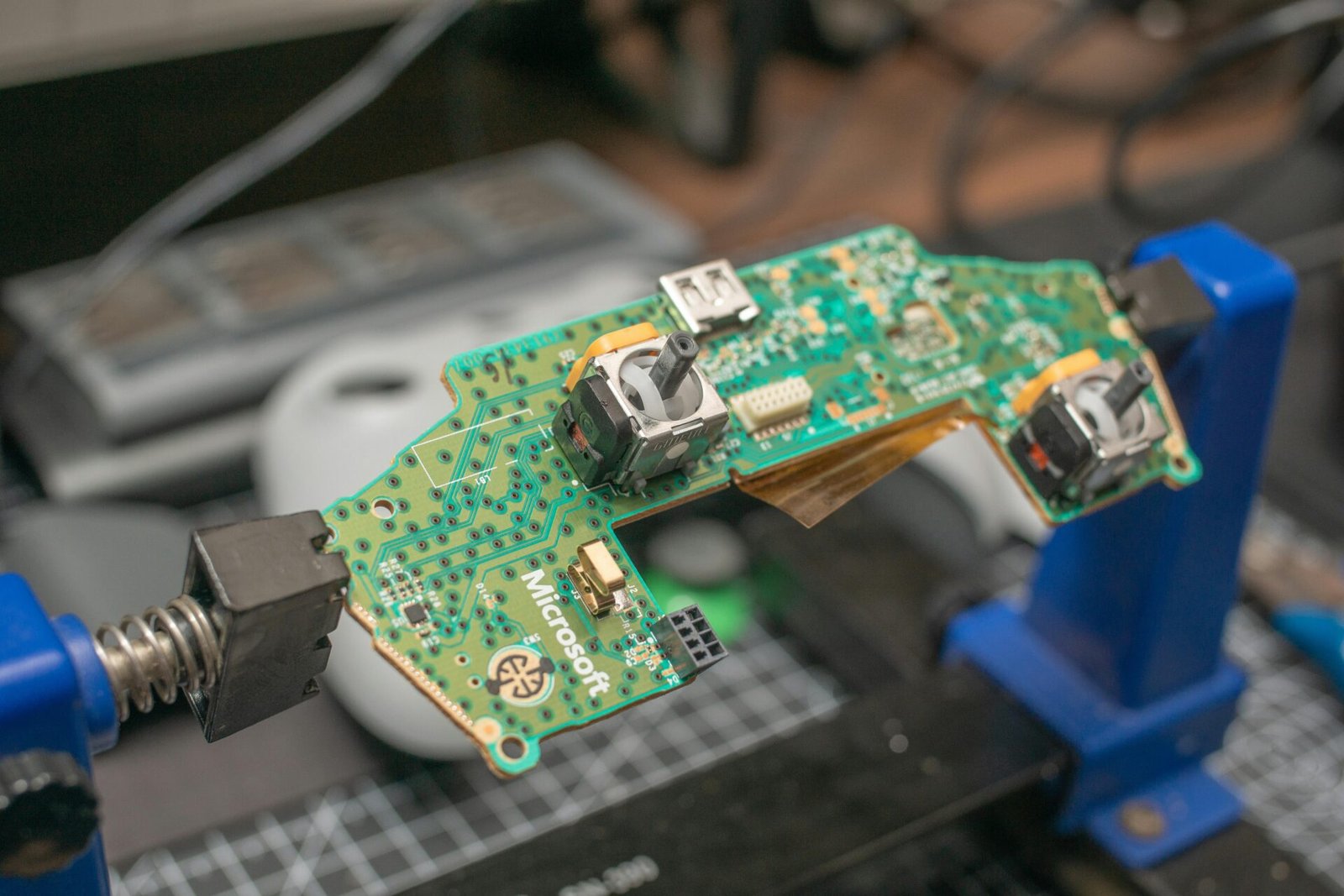In recent times, Microsoft, one of the tech industry’s giants, has made headlines with significant layoffs. This article delves into the multifaceted aspects of these layoffs, exploring the reasons behind them, their impact, and what the future holds for Microsoft and its employees.
A Brief History of Microsoft Layoffs
Microsoft’s history with layoffs isn’t new. Over the decades, the company has faced several rounds of job cuts, each driven by various strategic shifts and economic conditions. From the dot-com bubble burst to the recent global pandemic, Microsoft has navigated through multiple economic landscapes, making tough decisions along the way.
Reasons Behind the Layoffs
Economic Factors
Economic downturns and fluctuations often force companies to reevaluate their workforce. Microsoft, like many others, isn’t immune to these economic pressures, leading to workforce reductions as a means to maintain financial stability.
Company Restructuring
In an ever-evolving tech landscape, restructuring is necessary. Microsoft’s layoffs are sometimes a result of organizational changes aimed at improving efficiency and aligning with new strategic goals.
Technological Advancements
With rapid technological advancements, some roles become obsolete. Microsoft’s focus on emerging technologies and automation can lead to a reduction in workforce as certain job functions are phased out or require fewer human resources.
Impact on Employees
Immediate Effects
For the affected employees, layoffs bring immediate challenges such as financial uncertainty and the emotional toll of job loss. The abrupt change can be a significant disruption to their personal and professional lives.
Long-Term Consequences
Long-term impacts include career shifts, potential relocation, and the need for re-skilling. Employees may need to adapt to new industries or roles, leveraging their existing skills in different ways.
Impact on the Tech Industry
Market Reactions
Layoffs at a major player like Microsoft often send ripples through the market. Stock prices may fluctuate, and other companies may adjust their strategies in response.
Competitors’ Strategies
Competitors might capitalize on the situation by hiring laid-off talent or adjusting their market positioning. The layoffs can also influence industry trends and investment patterns.
Microsoft’s Strategy Moving Forward
Innovation and Investment
Despite layoffs, Microsoft continues to invest in innovation. The company focuses on areas such as cloud computing, artificial intelligence, and mixed reality, ensuring its future growth and relevance.
Focus Areas
Key areas of focus include sustainability, cybersecurity, and expanding its global reach. These strategic priorities guide Microsoft’s ongoing evolution and market positioning.
Support for Laid-Off Employees
Severance Packages
Microsoft offers competitive severance packages to support employees during their transition. These packages often include financial compensation and extended benefits.
Career Transition Assistance
The company also provides career transition assistance, including resume workshops, interview preparation, and job placement services to help employees find new opportunities.
Reactions from the Public and Media
Public and media reactions to layoffs are mixed. While some view it as a necessary business decision, others criticize the company for not safeguarding jobs. Media coverage can shape public perception and influence Microsoft’s reputation.
Expert Opinions on Microsoft’s Layoffs
Economic Analysts
Economic analysts provide insights into the broader implications of the layoffs, examining how they reflect economic trends and corporate strategies.
Tech Industry Experts
Tech industry experts discuss the potential impacts on innovation, workforce dynamics, and competitive positioning within the industry.
How to Cope with Layoffs
Personal Financial Management
Affected employees are advised to manage their finances carefully, create a budget, and explore unemployment benefits if available.
Career Planning
Career planning involves assessing one’s skills, exploring new industries, and considering further education or training to stay competitive in the job market.
Lessons Learned from Microsoft’s Layoffs
Microsoft’s layoffs offer valuable lessons about corporate resilience, the importance of adaptability, and the need for continuous learning and skill development in a rapidly changing industry.
The Future of Work at Microsoft
Hybrid Work Models
Microsoft is embracing hybrid work models, combining remote and in-office work to provide flexibility and enhance productivity.
Focus on Emerging Technologies
The company continues to prioritize emerging technologies, ensuring it remains at the forefront of innovation and maintains its competitive edge.
Conclusion
Microsoft’s layoffs, while challenging, are part of a broader strategy to stay competitive and innovate in a rapidly changing market. The company’s focus on emerging technologies and strategic investments will shape its future, while affected employees are provided with support to transition into new opportunities.
FAQs
1. What makes Microsoft’s layoffs significant?
Microsoft’s size and influence mean that its layoffs have far-reaching impacts on the tech industry and market perceptions.
2. How does Microsoft support laid-off employees?
Microsoft provides severance packages, extended benefits, and career transition assistance to help employees navigate their next steps.
3. What industries are absorbing laid-off tech talent?
Industries such as fintech, healthcare tech, and renewable energy are actively seeking tech talent, offering new opportunities for laid-off employees.
4. How do Microsoft’s layoffs affect its market positioning?
Layoffs can lead to short-term market fluctuations but also position Microsoft for long-term growth by focusing on strategic areas.
5. What is Microsoft’s approach to future innovation?
Microsoft is investing heavily in cloud computing, AI, and other emerging technologies to maintain its leadership in the tech industry.
